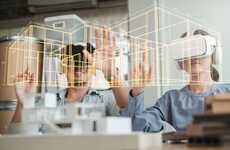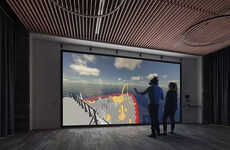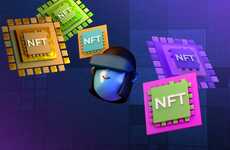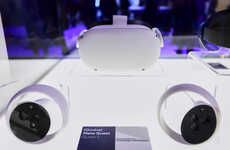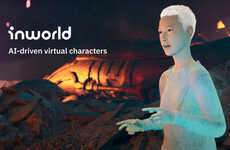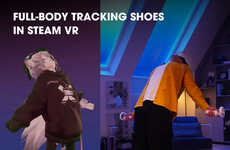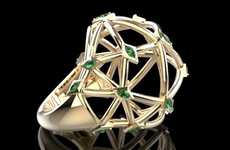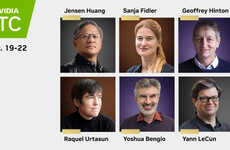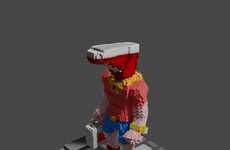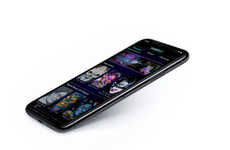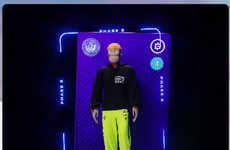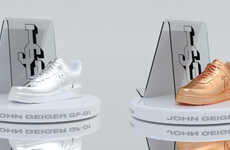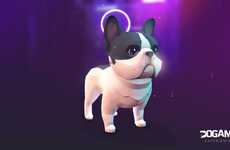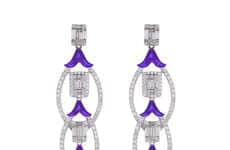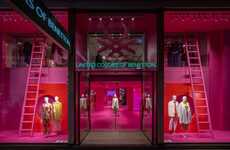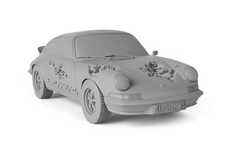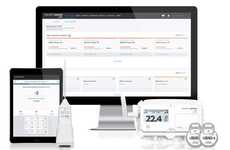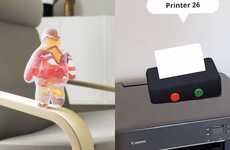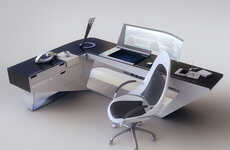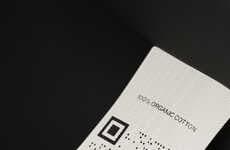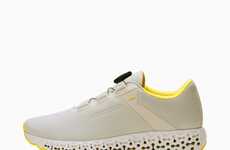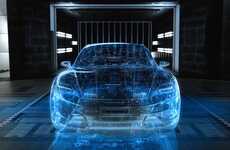
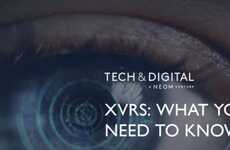


Companies are using digital twins to test virtual counterparts of their products
Trend - Numerous companies, especially those in the automotive, engineering, and architecture space, are using IoT and VR-based systems to create precise digital representations of their products and systems. These lifelike models are then tested virtually as a way to guide product development.
Insight - When it comes to large-scale buildings, automotive vehicles, and other complex infrastructure, visualizing and troubleshooting these products during their development phase can be incredibly costly. As a result, a wide range of businesses are turning to digital twin technology to create exact virtual replicas of their products -- whether these be jet fuel engines, electric cars, or sustainable condominiums -- which they can then test and assess digitally.
Insight - When it comes to large-scale buildings, automotive vehicles, and other complex infrastructure, visualizing and troubleshooting these products during their development phase can be incredibly costly. As a result, a wide range of businesses are turning to digital twin technology to create exact virtual replicas of their products -- whether these be jet fuel engines, electric cars, or sustainable condominiums -- which they can then test and assess digitally.
Workshop Question - How could your company save costs on product development by implementing digital twin technology?
Trend Themes
1. Digital Twin Technology - Companies are using digital twin technology to create exact virtual replicas of real-world products, providing opportunities for virtual testing and troubleshooting during product development.
2. AI and Data Science - Companies are leveraging AI and data science to generate real-time digital twins of physical spaces, allowing for a variety of applications from boosting safety to informing transportation policies and refining autonomous vehicles.
3. AR and VR Systems - Companies are using AR and VR systems to create immersive lifelike 3D models of ships, enabling designers and engineers to assess ship quality and test different scenarios in its lifecycle.
Industry Implications
1. Manufacturing - Digital twin technology can revolutionize product development and testing, reducing costs and improving efficiency.
2. Telecommunications - Digital twin technology can provide virtual inspections of telecommunications towers, reducing the need for physical inspections and streamlining processes.
3. Entertainment - AI-powered metaverse development projects can enhance digital interactions with NPCs, resulting in less predictable outcomes and greater entertainment value.
6 Featured, 44 Examples:
76,173 Total Clicks
Date Range:
Nov 21 — Sep 22
Trending:
Mild
Consumer Insight Topics:
